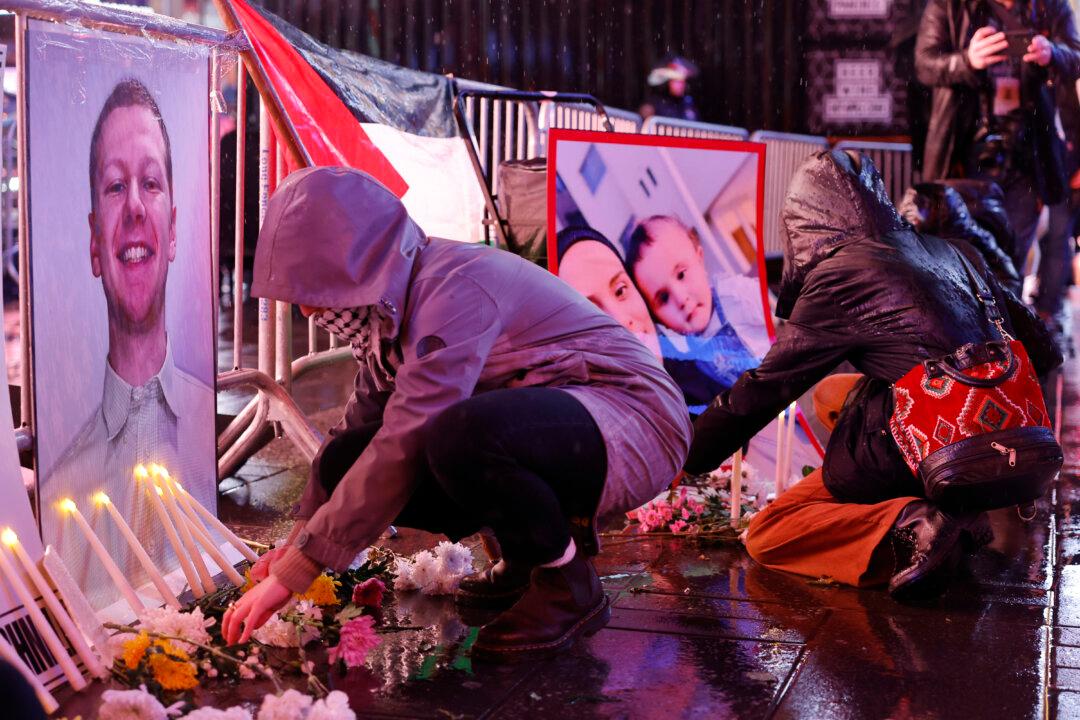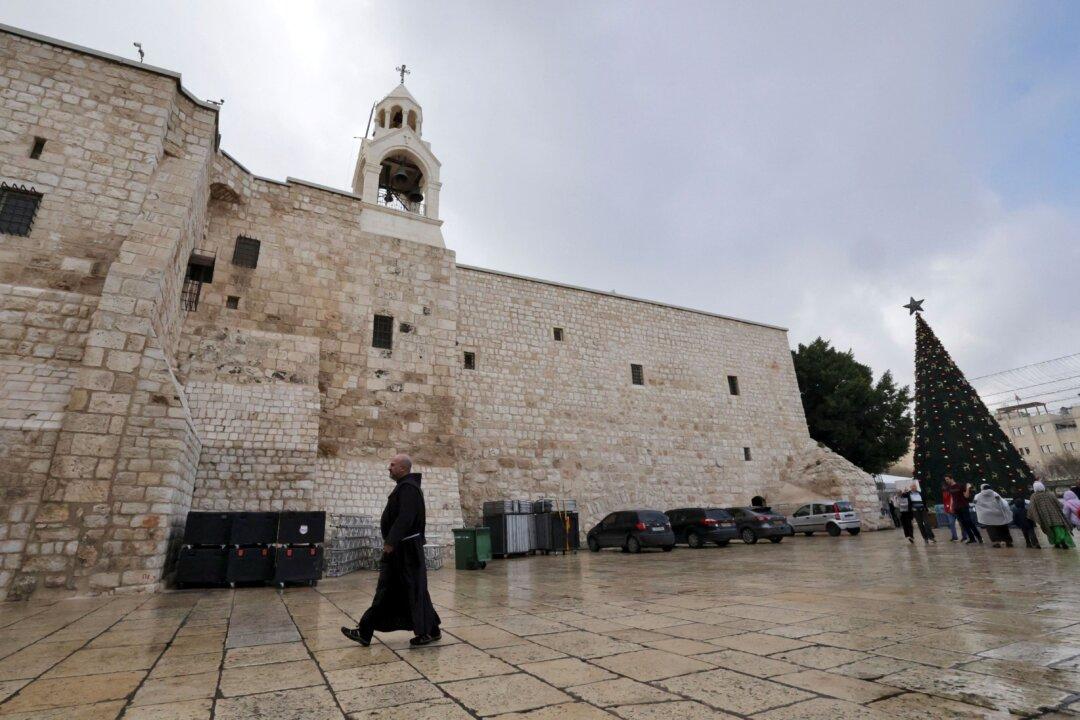Commentary
On Feb 25, Aaron Bushnell, 25, an active-duty member of the U.S. Air Force, livestreamed himself in the act of setting himself on fire outside the Israeli embassy in Washington, D.C. He had already alerted several leftist media of his intention. Before dousing himself with accelerant, he stated to observers that he could “no longer be complicit in genocide,” referring to Israel’s retaliatory war against Hamas for their Oct. 7 proto-genocide in southern Israel.





